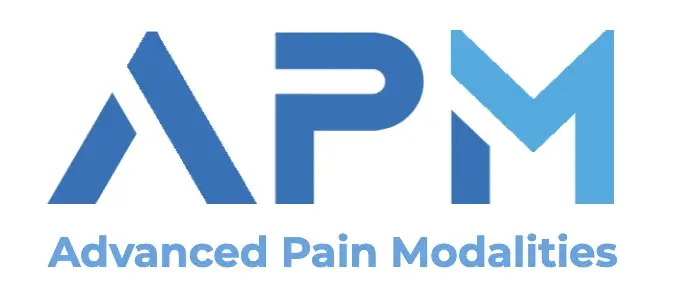What is knee pain?
What are common causes of knee pain?
Your knee is made up of many parts, including bones, muscles, ligaments, tendons, and cartilage. The pain you experience may be due to disease or damage to one or more of those parts.
The most common causes of knee pain include:
- Arthritis
- Anterior cruciate ligament (ACL) tear
- Tendonitis
- Bursitis
- Fracture
- Dislocation
- Torn meniscus
How is the cause of knee pain diagnosed?
Finding the underlying cause of your knee pain helps direct treatment. The experienced team at Advanced Pain Modalities conducts comprehensive examinations to find the source of your joint pain so they can develop the most effective and beneficial treatment plan.
During your evaluation, the pain management specialists review your symptoms and medical history. They also perform a physical exam that may include an assessment of the strength and function of your knee. To confirm or rule out a suspected diagnosis, the team may request diagnostic imaging, such as an X-ray or MRI.
What are the treatments for knee pain?
The team at Advanced Pain Modalities develops individualized treatment plans for the management of your knee pain. Your specific treatment plan depends on the cause of your joint pain, the severity of your symptoms, and your overall health.
Treatment options may include:
- Rest, ice, compression, and elevation
- Over-the-counter pain medication or anti-inflammatories
- Physical therapy
- Joint injections Including Steroid and Gel injections
- Joint injections InPlatelet-rich plasma (PRP) therapycluding Steroid and Gel injections
If your knee pain continues after conservative treatments, the team may suggest a peripheral nerve block, which is an interventional pain management treatment that blocks pain transmissions to your brain and may provide pain relief for an extended period of time.
Knee pain is common and can develop from a range of causes. For expert care of your knee pain, contact Advanced Pain Modalities by phone or online today.

